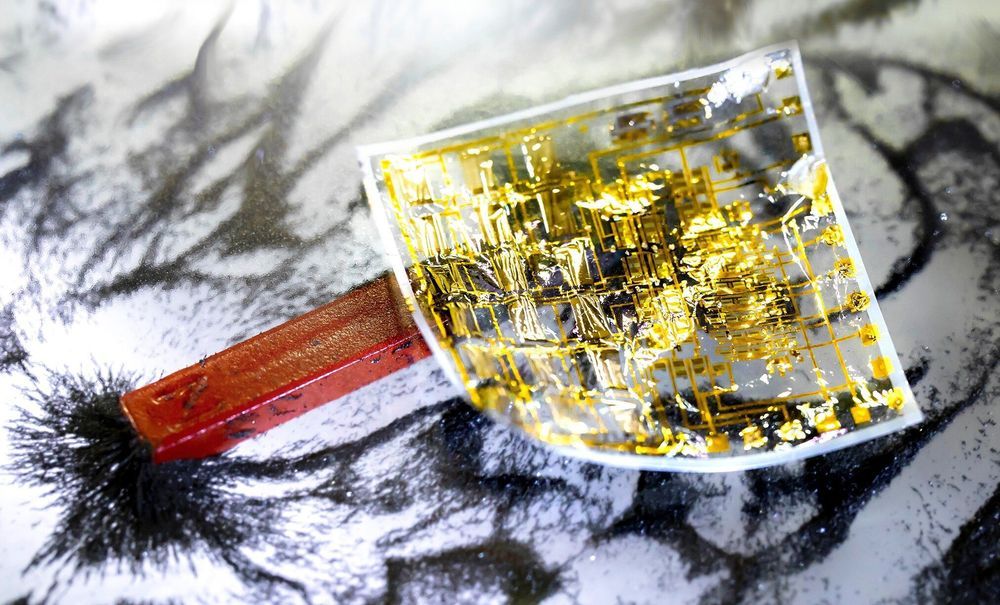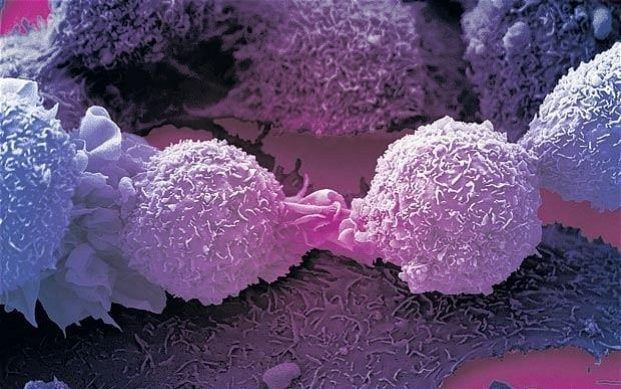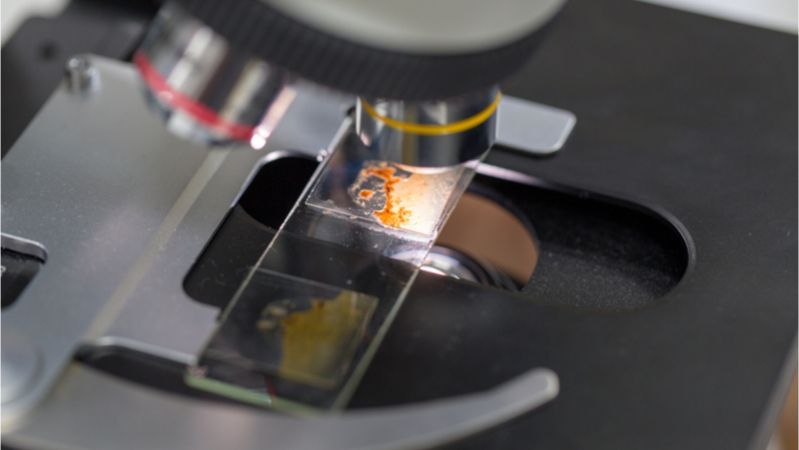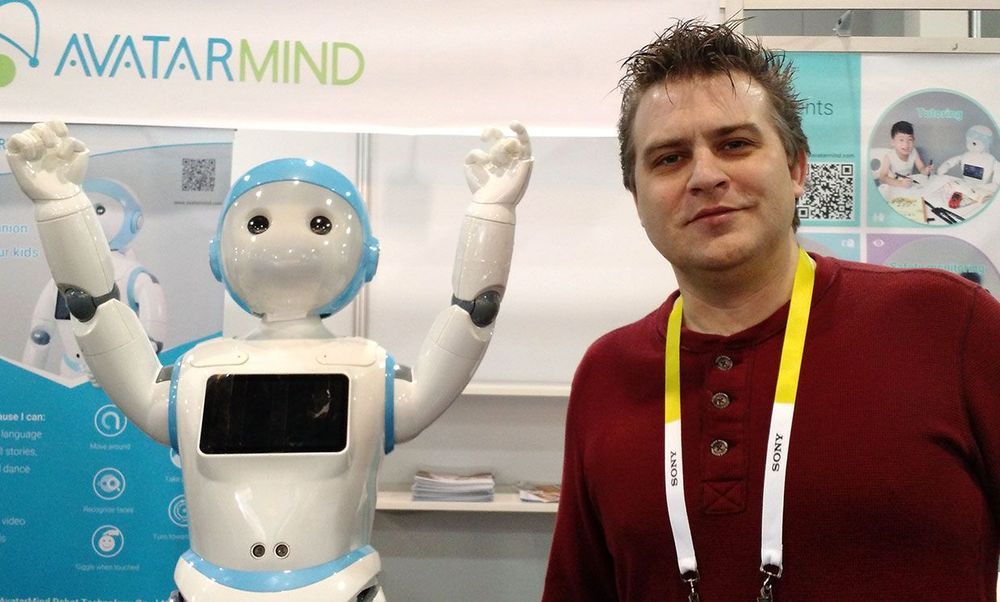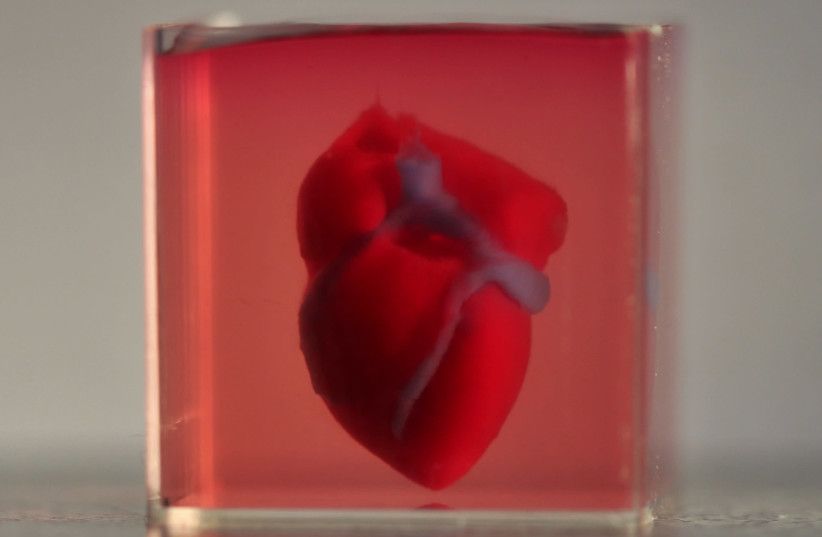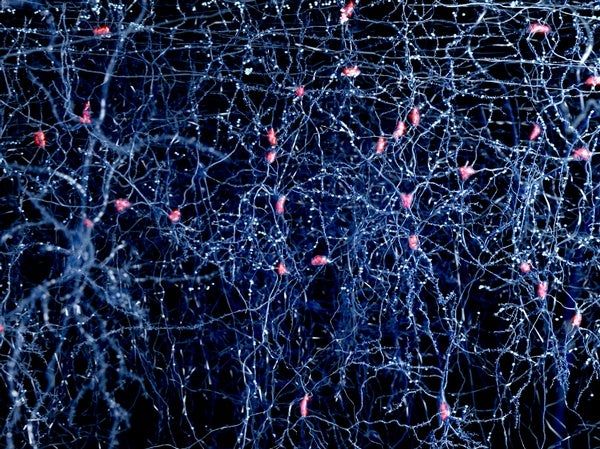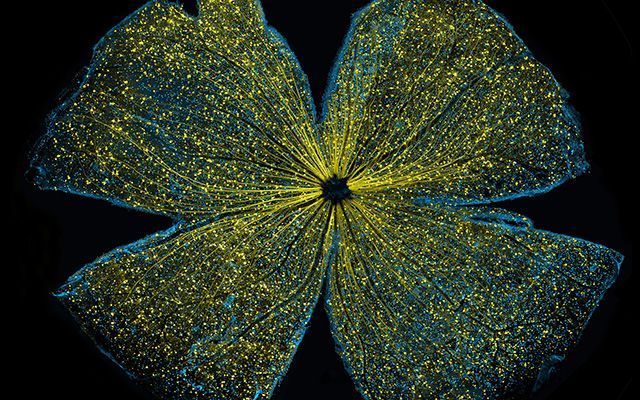Human skin is a fascinating multifunctional organ with unique properties originating from its flexible and compliant nature. It allows for interfacing with external physical environment through numerous receptors interconnected with the nervous system. Scientists have been trying to transfer these features to artificial skin for a long time, aiming at robotic applications.
Robotic systems heavily rely on electronic and magnetic field sensing functionalities required for positioning and orientation in space. Much research has been devoted to implementation of these functionalities in a flexible, compliant form. Recent advancements in flexible sensors and organic electronics have provided important prerequisites. These devices can operate on soft and elastic surfaces, whereas sensors perceive various physical properties and transmit them via readout circuits.
To closely replicate natural skin, it is necessary to interconnect a large number of individual sensors. This challenging task became a major obstacle in realizing electronic skin. First demonstrations were based on an array of individual sensors addressed separately, which unavoidably resulted in a tremendous number of electronic connections. In order to reduce the necessary wiring, important technology had to be developed—namely, complex electronic circuits, current sources and switches had to be combined with individual magnetic sensors to achieve fully integrated devices.
